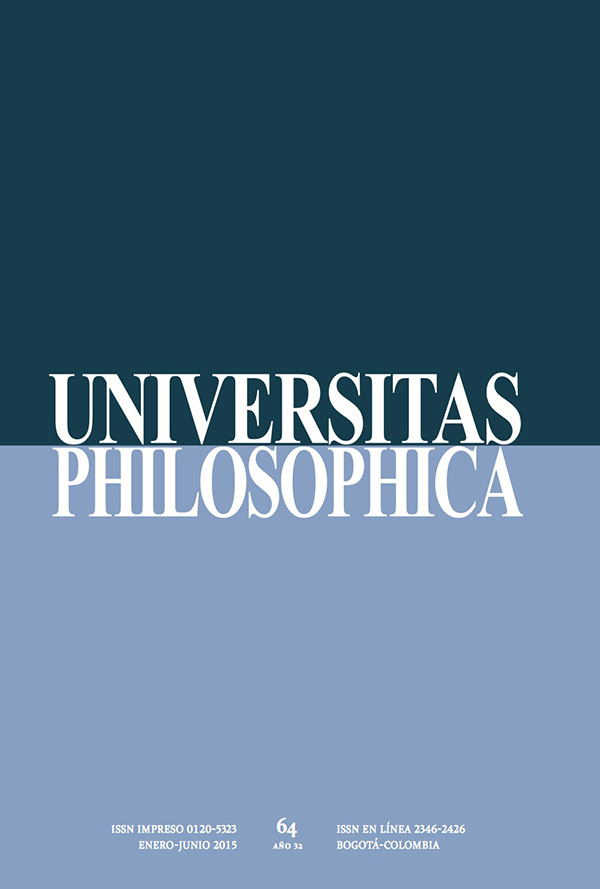Abstract
In this essay I claim that Hilary Putnam’s recent rejection of his former doctrine of internal realism as solipsistic is a misfired claim. Putnam’s rejection of his early doctrine is illustrated by the criticism of his own verificationist account of truth and justification, which is based on the counterfactual conditional: “S is true if and only if believing S is justified if epistemic conditions are good enough”. By accepting that whatever makes it rational to believe that S also makes it rational to believe that S would be justified were conditions good enough, Putnam concludes that the verificationist unavoidably steers between solipsism and metaphysical realism. As opposed to this, I claim that Putnam’s later criticism of his own internal realism fails to acknowledge the pragmatic side of this philosophical approach; namely, the idea that, regardless the close relation between truth and justification, not all sentences in a language game are to be understood in a verificationist fashion. Thus, the understanding of the counterfactual “S would be justified if epistemic conditions were good enough” doesn’t call for a verificationist reading, which, as Putnam claims, yields solipsism, but rather, for a pragmatic approach which emphasizes on the non-formality of language understanding.
This journal is registered under a Creative Commons Attribution 4.0 International Public License. Thus, this work may be reproduced, distributed, and publicly shared in digital format, as long as the names of the authors and Pontificia Universidad Javeriana are acknowledged. Others are allowed to quote, adapt, transform, auto-archive, republish, and create based on this material, for any purpose (even commercial ones), provided the authorship is duly acknowledged, a link to the original work is provided, and it is specified if changes have been made. Pontificia Universidad Javeriana does not hold the rights of published works and the authors are solely responsible for the contents of their works; they keep the moral, intellectual, privacy, and publicity rights.
Approving the intervention of the work (review, copy-editing, translation, layout) and the following outreach, are granted through an use license and not through an assignment of rights. This means the journal and Pontificia Universidad Javeriana cannot be held responsible for any ethical malpractice by the authors. As a consequence of the protection granted by the use license, the journal is not required to publish recantations or modify information already published, unless the errata stems from the editorial management process. Publishing contents in this journal does not generate royalties for contributors.


